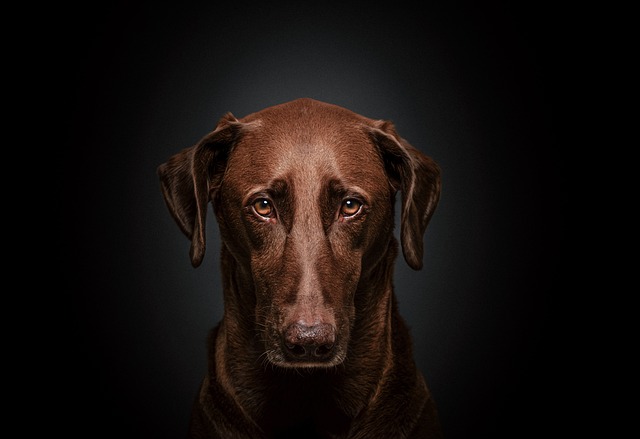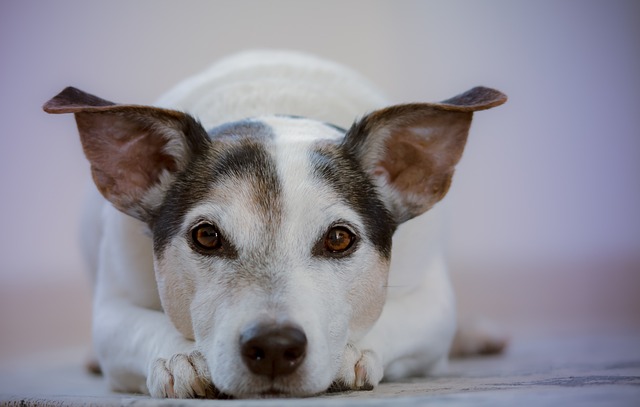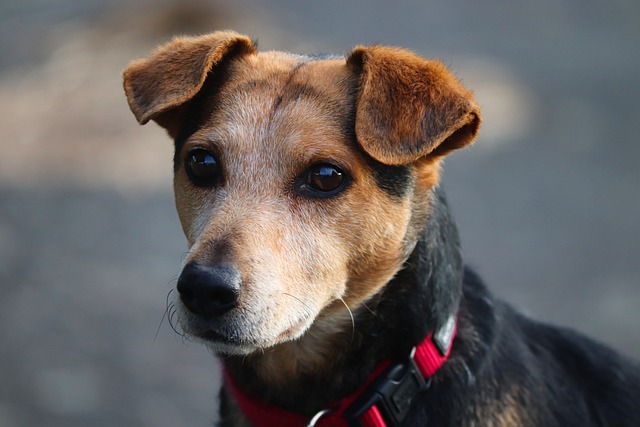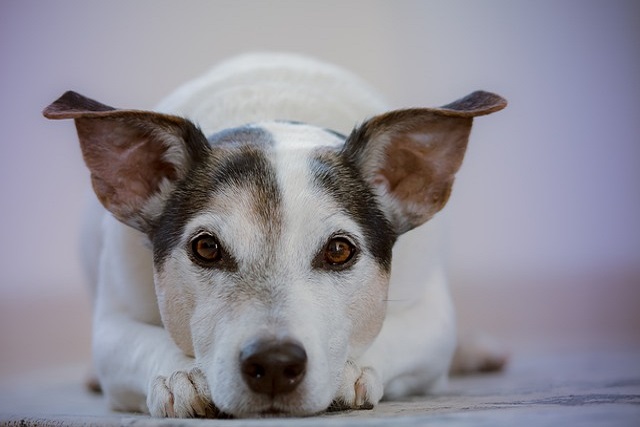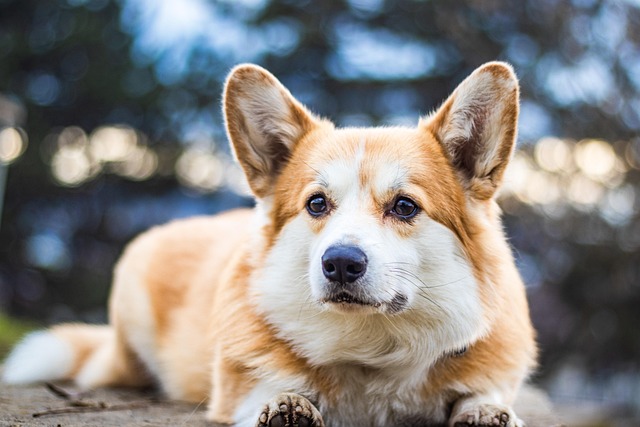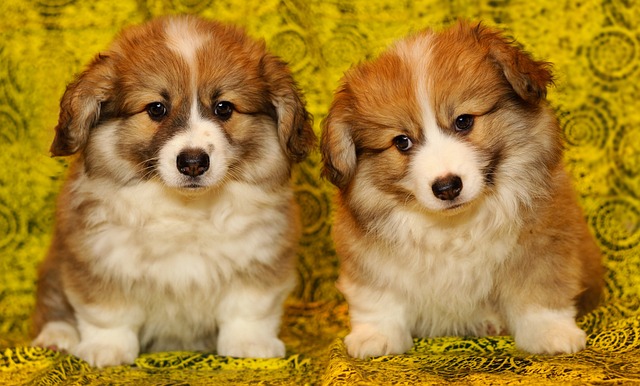You've just kicked off your shoes after a long day, only to step onto a cold, wet patch on the carpet. Your adorable puppy, with its tail wagging innocently, has once again relieved itself indoors. For new dog owners across the U.S., this all - too - familiar scenario can feel frustrating, but rest assured, teaching your puppy to avoid indoor accidents is achievable with the right strategies.
Puppies lack the bladder control of adult dogs, and their tiny bladders fill up quickly. A simple game of fetch or a short nap can lead to an urgent need to pee. Biologically, they also rely on scent marking to claim territory. Every time they pee inside, they're reinforcing that location as a potential bathroom spot. It's similar to a child learning to tell time; puppies need consistent guidance to understand where it's appropriate to relieve themselves.
To start the training process, establish a rigorous schedule. Wake up your puppy, and within minutes, take them outside to a designated potty area. Use a specific command like "go potty" while they do their business. The key is repetition—after meals, playtime, and naps, immediately head outdoors. When your puppy pees outside, celebrate with high - pitched praise, a favorite treat, and enthusiastic petting. This positive reinforcement cements the connection between outdoor urination and rewards. If you catch your puppy in the act of peeing indoors, make a soft noise to interrupt them, then quickly whisk them outside. Never yell or punish them, as this can create fear and cause them to hide when they need to go, leading to more sneaky accidents.
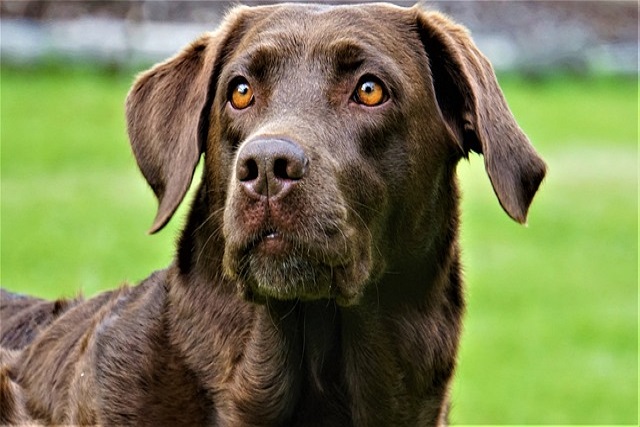
In apartment settings, pee pads can serve as a useful intermediate step. Place them in a quiet corner away from their sleeping and eating areas. As your puppy gets used to using the pads, gradually move them closer to the door over several days, eventually transitioning completely to outdoor potty breaks. When it comes to community living, always ensure your puppy's vaccinations are current, as required by state laws, before venturing into public spaces. Carry biodegradable waste bags during walks and clean up after your puppy promptly. Failing to do so not only violates local ordinances, which can result in fines of up to $250 in some cities, but also shows disrespect to your neighbors. Additionally, be mindful of how your puppy behaves around others; an untrained dog that marks territory indoors or in shared outdoor areas can cause tension in the community.
Remember, housebreaking a puppy is a process that takes time and patience. By sticking to a routine, using positive reinforcement, and being a responsible community member, you'll gradually see fewer indoor accidents. Soon enough, your home will stay dry, and your puppy will become a well - mannered part of the neighborhood.
